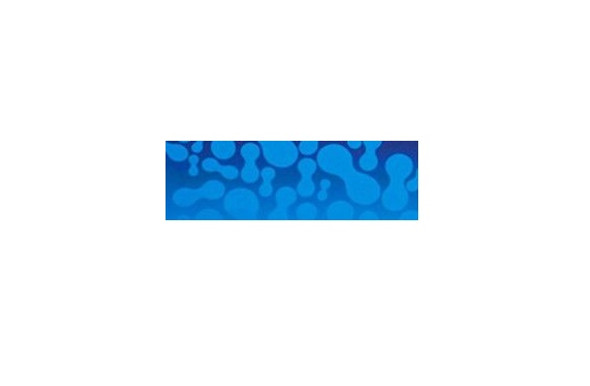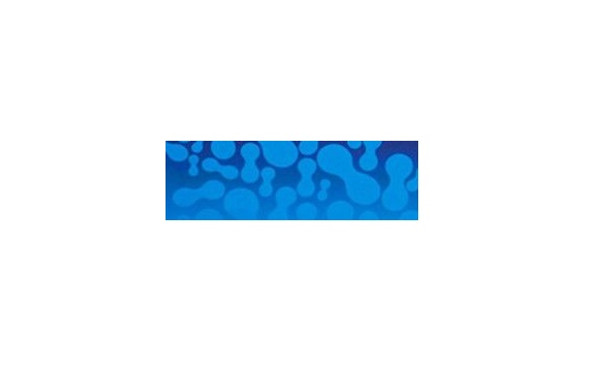Description
RBL-2H3 Cell Line | CL-0192 | Gentaur US, UK & Europe Disrtribition
Media: CM-0192
Organism: Rattus norvegicus, Rat
Application: Transfection.
Background: These cells have high affinity IgE receptors. They can be activated to secrete histamine and other mediators by aggregation of these receptors or with calcium ionophores. RBL-2H3 cells have been the model for studies of structure of FcERI. Although nearly all lots of fetal bovine serum support the growth of these cells, the cells grown in some lots degranulate better after FcERI aggregation. Another rat basophil line is available(RBL-1) that does not degranulate. Histamine release capacity may be seriously reduced after too much subculturing.
Age: N/A
Tissue: Peripheral blood
Morphology: Fibroblast
Growth Properties: Adherent
Doubling Time: N/A
Biosafty: 1
Medium: MEM(PM150410)+15%FBS+1% P/S(PB180120)
Subculturing: Remove and discard culture medium. Briefly rinse the cell layer with DPBS solution to remove all traces of serum that contains trypsin inhibitor. Add 1.0 to 2.0 mL of Trypsin-EDTA solution to flask and observe cells under an inverted microscope until cell layer is dispersed (usually within 2 to 3 minutes). Cells that are difficult to detach may be placed at 37°C to facilitate dispersal. Add 4.0 to 6.0 mL of complete growth medium and aspirate cells by gently pipetting. Add appropriate aliquots of the cell suspension to new culture vessels.
Ratio: 1:2 to 1:4
Renewal: Every 2 to 3 days
Cryopreservation: Freeze medium: 60% Basal medium+30% FBS+10% DMSO Storage temperature: Liquid nitrogen vapor phase
Culture Conditions: Atmosphere: Air, 95%; CO2, 5% Temperature: 37℃
Effects: N/A
Duration: N/A
Lead Time: 3-5 days






